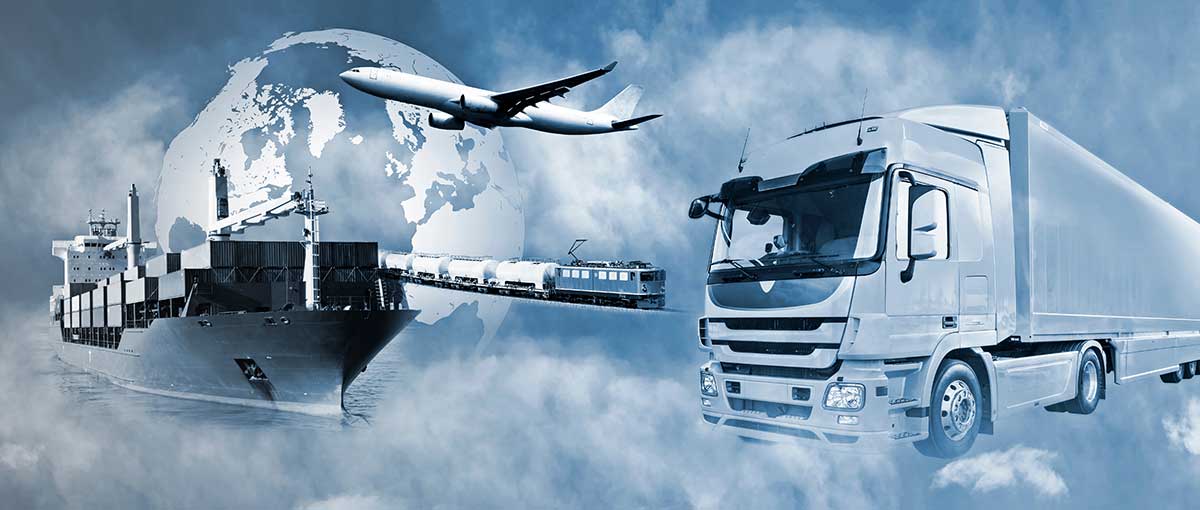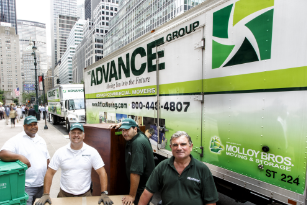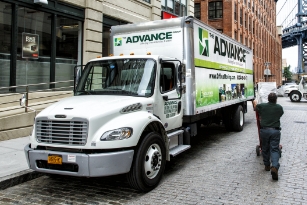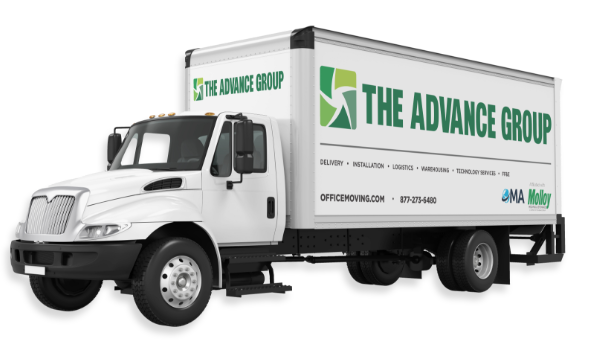Understanding Freight Forwarding: Unlocking Value for Your Business

What is Freight Forwarding?
Freight forwarding is the process of organizing and coordinating the transport of goods on behalf of a company. This involves various activities such as documentation, customs clearance, insurance, and storage. Freight forwarders act as intermediaries, arranging the best means of transportation, whether by air, sea, rail, or road, to ensure that goods reach their destination efficiently and cost-effectively.
How Does Freight Forwarding Work?
Commercial logistics companies offer freight forwarding services. Moving freight over long distances and internationally may require handling from many organizations. Over-the-road (OTR) transport may be the first leg with a handoff to rail transport. This may lead to a handoff to a cargo ship for international destinations. For expedited services, and depending on size/weight, air transport may be involved. On the other end, rail, OTR, and last-mile delivery are engaged again. Only through experience and trusted partners can this be coordinated with confidence.
Beyond the companies, documentation and customs must be managed appropriately. Incorrect or late applications can delay or even prevent delivery of the freight. This can be complicated in any single country. When freight has to cross many borders, it can be exponentially more challenging. Freight forwarding companies stay on top of the rules and regulations and handle all the required documentation.
Freight forwarding involves several key steps:
- Initial Inquiry: The process begins when a business contacts a freight forwarder with details about their shipment.
- Planning & Quotation: The forwarder evaluates the shipment requirements and provides a customized quote detailing the costs.
- Booking: Upon agreement, the forwarder books the transportation and handles the necessary paperwork.
- Packing & Warehousing: They may also manage the packing and storage of goods before transit.
- Transportation: The forwarder coordinates with various carriers to transport the goods from origin to destination.
- Customs Clearance: They handle customs documentation to ensure smooth clearance of goods.
- Delivery: The goods are delivered to the intended recipient, completing the end-to-end process.
Key Advantages for Your Business
Partnering with a freight forwarder can offer several significant benefits for your company:
- Expertise and Experience: Freight forwarders bring specialized knowledge, ensuring compliance with international trade regulations and efficient logistics handling.
- Cost Efficiency: They leverage relationships with carriers to negotiate better rates, optimizing costs for your shipping needs.
- Time Savings: Managing the complex logistics of shipping is time-consuming. Freight forwarders handle all aspects, allowing your team to focus on core business activities.
- Enhanced Flexibility: With a comprehensive network, forwarders can provide flexible solutions tailored to your specific requirements.
- Risk Management: They offer risk mitigation services, such as cargo insurance, to ensure your goods are covered against unforeseen events.
Your Key to Global Reach
In today’s interconnected world, businesses need to have efficient logistics strategies to compete globally. Using a freight forwarder can be a game-changer, giving you access to advanced logistic solutions and streamlined processes. By outsourcing this critical function, you can achieve smoother operations, happier customers, and ultimately, a better bottom line. Whether you’re a small startup or an established enterprise, integrating freight forwarding into your supply chain strategy can unlock new opportunities and drive growth.
Contact The Advance Group to learn more about our freight forwarding services.








